Immune Checkpoint Blockade and the Transformation of Cancer Therapy
2017 Warren Alpert Foundation Prize Symposium
In honor of James Allison, Lieping Chen, Gordon Freeman, Tasuku Honjo and Arlene Sharpe for contributions to the pre-clinical foundation and development of immune checkpoint blockade, a novel form of cancer therapy that has transformed the landscape of cancer treatment.

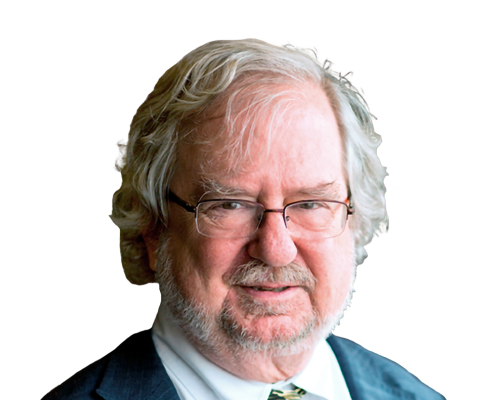
James Allison

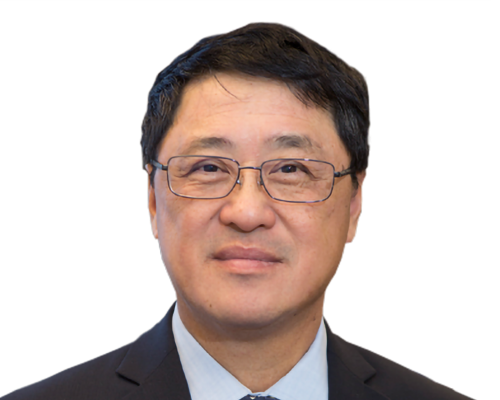
Lieping Chen

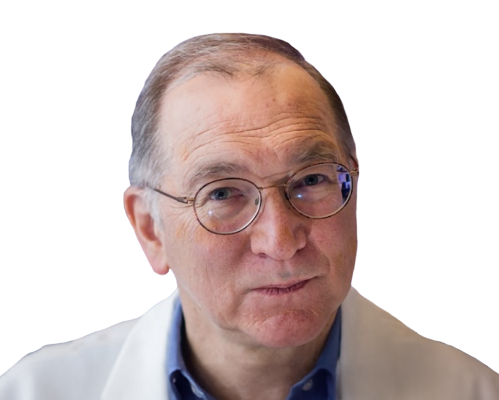
Gordon Freeman

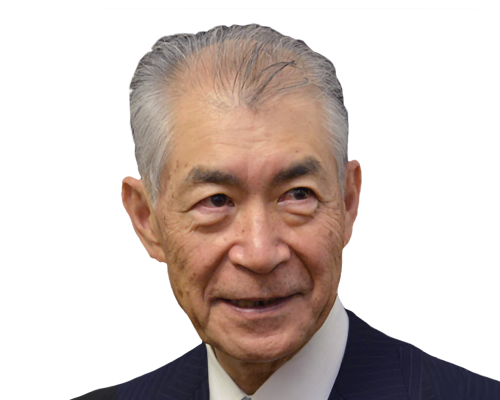
Tasuku Honjo

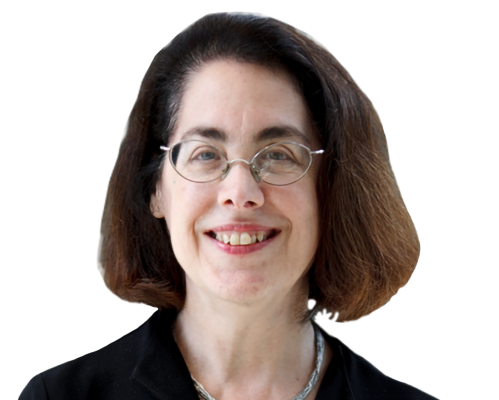
Arlene Sharpe
Symposium Program
Each year the recipient(s) of the Warren Alpert Foundation Prize are recognized at a scientific symposium hosted by Harvard Medical School.
Featured Speakers include:
Jim Allison, Ph.D.
Professor of immunology and chair of the Department of Immunology, The University of Texas MD Anderson Cancer Center
Lieping Chen, M.D., Ph.D.
United Technologies Corporation professor in Cancer Research and professor of immunobiology, of dermatology and of medicine, Yale University
Gordon Freeman, Ph.D.
Professor of medicine, Dana-Farber Cancer Institute, Harvard Medical School
Arlene Sharpe, M.D., Ph.D.
George Fabyan Professor of Comparative Pathology, Harvard Medical School
Michael Atkins, M.D.
Deputy Director, Georgetown Lombardi Comprehensive Cancer Center
Dupont CRISPR-mediated immunity in bacteria: discovery and applications

Sign up to receive updates

For questions about the prize, please contact us.

